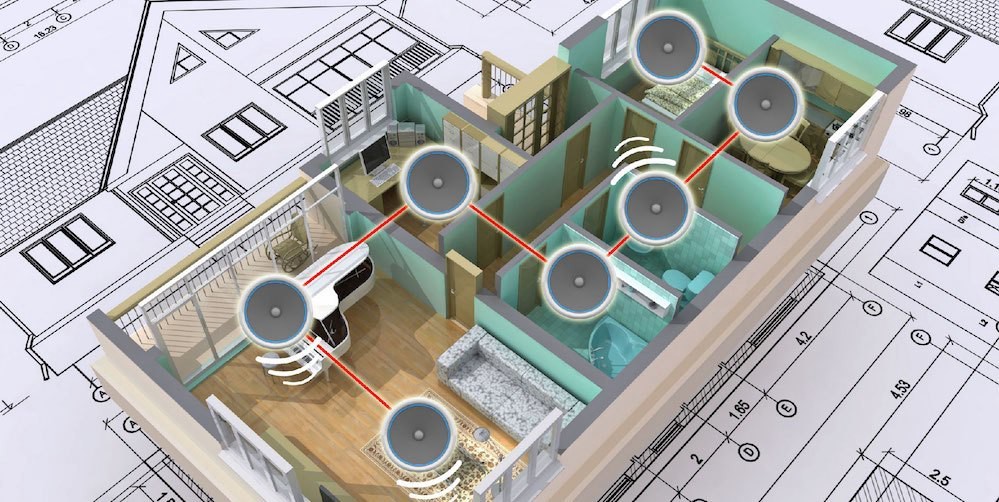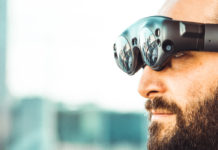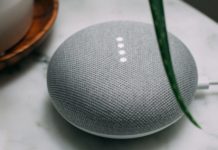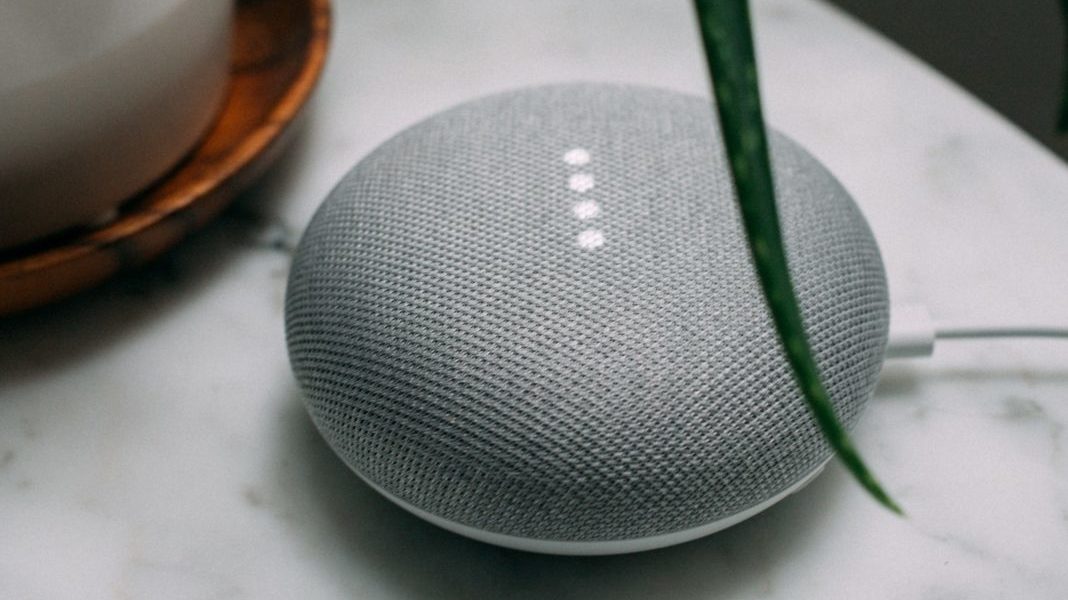Three reasons why voice is the perfect user interface to support seniors and people who are losing their autonomy.
🇫🇷My original article on Medium (French)
Google Home, Amazon Echo, HomePod: smart speakers and voice assistants are now part of the daily lives of a growing number of users around the world. They paved the way for a fully connected and intelligent home thanks to their interactions with other devices such as Philips Hue Smart Light Bulbs, Nest Thermostat or Toshiba Smart TV.
I am convinced that these technologies could be very helpful to people with disabilities or dependency needs. Although not all audiences will be concerned, what could be more accessible than voice to manage all aspects of daily life?
Voice assistants are able to meet three needs:
- The need for accessibility;
- The need for information;
- The need for safety with emergency management.
You haven’t yet heard the last about dependency
The French population is aging – INSEE’s figures prove it. By 2050, one third of the French population will be 60 years old and over. By way of comparison, they were 1 in 5 inhabitants in 2005. Moreover, over the period 2005-2020, the number of people over 80 years of age is expected to double.
“By 2050, one third of the French population will be 60 years old and over.”
Ageing is significantly correlated with an increase in long-term care needs: 8% of people over 60 years of age are recognized as dependent according to the French Ministry of Health. It is about 2% of the French population. This loss of autonomy results in home care: 23 billion euros are allocated to public funding for dependency (Economic Analysis Council report 2016).
A lot of startups are coming up with innovative solutions to address the issue of home care assistance. In France for instance, SeniorAdom developed a connected device with a faint detection algorithm notifying relatives.
Unexpectedly, seniors seem to be in need of innovations to improve their quality of life and be better informed about their health.
In addition to such devices, a voice interface could help to improve the comfort of these people’s lives.
Advantage #1: Voice meets a need for accessibility
Smart speakers can be set in different rooms allowing users to control everyday devices by voice: shutters, lights or household appliances.

They enable people with reduced mobility to improve their living conditions and remain autonomous for longer.This is a relief for patients but also for their caregivers. More than 8 million caregivers in France support a sick, disabled or elderly family member. In most cases, they are the spouse or child of the person being cared for and are in a situation of great distress: 56% of them confide that helping affects their health.
Although machines will never fully replace humans, connected devices could complement caregiving activities. Thanks to them, increased caregivers could monitor and accompany patients more easily.
In the United States, Californian company Libertana Home Health Care has developed a skill (equivalent to a mobile app in voice version) on the Alexa vocal assistant to support seniors on a daily basis with various features such as:
- the ability to provide and monitor health data (weight, blood pressure, blood sugar level);
- reminders for medication, medical appointments or hydration and feeding;
- cognitive exercises;
- the possibility of contacting a caregiver.
Since voice is a friendly and “warm” interface, this skill could also help people with loss of autonomy who suffer from feelings of loneliness. During the pilot phase, seniors would have developed a sense of attachment to the assistant over time.
Advantage #2: Voice meets an information need
Voice assistants also answer the need for better and more reliable information about their own health status.
Smart speakers answer questions and could be seen as an extension of the interactions with healthcare professionals at home. To become visible (or rather audible), advertisers will have to work more than ever on search engine optimization, Google gradually moving from mobile-first to voice-first.
Another solution for those who wish to become Voice Tech pioneers: develop skills. American medical content provider Webmd has partnered with Amazon to provide access to its content library through a skill. This skill will allow users to obtain information about symptoms and treatments.
Thanks to her popularity in the United States, Alexa has also invited herself to some American hospitals for pilot programs: Boston, New York and Los Angeles. The Beth Israel Deaconess Medical Center (Boston) has developed a set of skills to call a nurse. The assistant also answers the most frequent questions of impatient patients and provides them with advice.
Use case: Voice assistants to improve patients experience in hospitals.
Advantage #3: Voice meets the need for safety
The last application of voice could be safety and emergency management.

Speakers can be set in different places at home and in different rooms. For instance, the user could set speakers connected to her home and to the caretaker so that he/she can contact him at any time, from speaker to speaker.
In the United States, voice solutions are also available for access to emergency services. Skills allow users to know the nearest emergency centers, to have an estimate of the waiting time and to reserve a place there.
In France, startup Humanissimum has created Ok Doky, which is the name of a voice assistant for emergency management. This vocal assistant will ask the patient questions to find out if he or she needs to be referred to the emergency room. The project is currently in the pilot phase in some hospitals in Normandy.
GDPR and the issue of data privacy
What about data protection? Since voice is a biometric data in the same way as fingerprints, should explicit consent be expressed by users before sending their data to the cloud? Not to mention the fact that health data are particularly sensitive.
For now, the question of data remains unclear. French startup Snips has positioned itself in this niche market by promoting its GDPR-friendly and open source technology. Voice assistant Snips Air – designed as an anti-Alexa – does not depends on the cloud technology and can operate locally, without the Internet. It therefore does not send any data online – which is definitely a competitive advantage considering that loss of privacy is a fear shared by a large number of consumers. In the health industry, data protection being a major issue, voice assistants – which are mainly information sensors – will first have to comply with a very strict legal framework.









